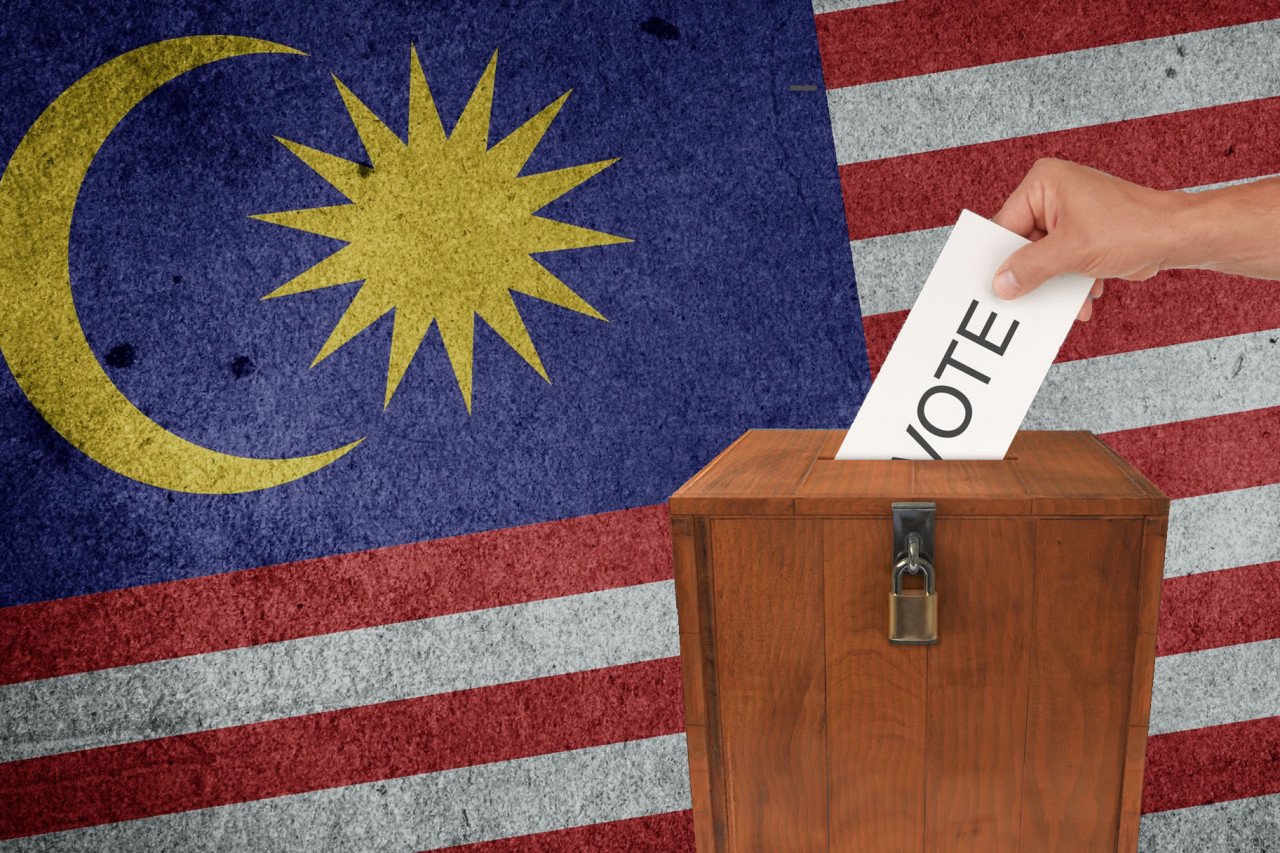For around six million people in Malaysia, the early elections on 19 November represent their first time at the ballot box. A constitutional reform in 2019 lowered the voting age from 21 to 18. But a younger electorate does not automatically translate into progressive opinions
Six million new voters and electors will be called to the polls in the upcoming general election in Malaysia on 19 November. Indeed, thanks to a constitutional reform in 2019, the Malaysian parliament lowered the voting age from 21 to 18, as well as included an automated registration system that further extends the electoral pool. Since Asian youth movements are often iconically associated with the fight against authoritarianism, there is a tendency to consider young people as 'natural liberals' and to assume that they will opt for more progressive policies than their older fellow citizens. But the preferences of the younger electorate in Malaysia are an unknown for everyone.
The next general election was supposed to be held in 2023. Instead, Prime Minister Ismail Sabri Yaakob, of the conservative United Malays National Organisation (UMNO) party, called early elections because he believes that the challenges of the Malaysian economy make the future of the coalition he heads, the Barisal Nasional (National Front), uncertain. The Russian-Ukrainian conflict, the slowdown of the Chinese economy, and the unresolved controversy over the 1MDB scandal are the perfect storm that is shaking the National Front's consensus again.
As the Guardian points out, no party in Malaysia has ever managed to govern alone. In the next general election, the main coalitions will be the Barisan Nasional, the Perikatan Nasional and Pakatan Harapan (Alliance of Hope), which ruled from 2018 until the political crisis of 2020. It was the Alliance, in a constitutional reform in 2019, that expanded the national electoral pool by lowering the voting age from 21 to 18. The amendment also included an automated registration system that also streamlines the Malaysian bureaucratic system for registering new voters. Thus, the national electorate increased from 14.9 million in 2018 to 21 million in the upcoming general election on 19 November. Social movements such as Undi18 fought for the passage of the law, reflecting the desire of Malaysia's young men and women to participate in the decision-making process of Asian parliamentary democracy. The Malaysian United Democratic Alliance (MUDA) would like to position itself as a catalyst for the demands of this demographic. People between the ages of 15 and 39 amount to about 45% of the population, but this is still an underrepresented sample in Malaysian politics. About 70% of the legislators are over 50 years old.
But which issues will stir the young electorate's spirits? Professor James Chin, director of the Asia Institute at the University of Tasmania, said that it is not certain that MUDA will be able to capture all the demands of the newly eligible voters. The leader of the movement, Syed Saddiq, said that the movement will focus on issues such as the cost of living, education, access to public transport and job opportunities. But in reality 'we don't know (...) how young people vote', Chin told The Diplomat, 'because there is no voting history'. It is not necessarily the case that the young electorate in Malaysia is oriented towards progressive policies, for a number of reasons. First, while ensuring greater democratic participation, the law to lower the voting age exacerbates the problems of 'malapportionment' in Malaysian constituencies. This mismatch dampens the impact of newcomers on political participation, as the majority of new voters between the ages of 18 and 20 are in urban areas. The electoral law, however, is centred on the majority principle of 'first past the post'. There is no proportional correspondence between seat allocation and population, so the high concentration of people living in urban constituencies - including young people - is underrepresented. Secondly, young people are not necessarily more oriented towards the multiracial and inclusive 'new politics' advocated by MUDA, because birth rates vary according to demographic composition. The new young voters mostly belong to Malay and indigenous groups, which often support the National Front's identity-nationalism inspired policies.






